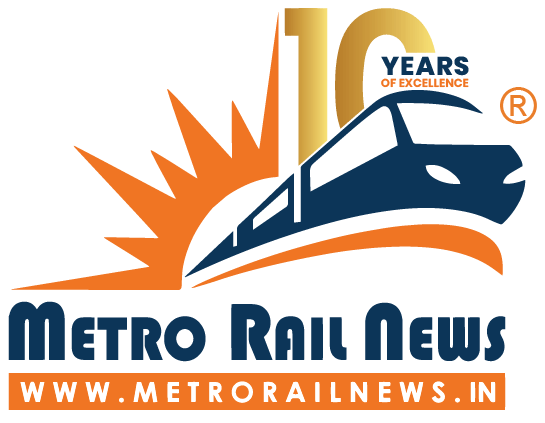Bangalore: The Indian Institute of Management Bangalore (IIMB), the consultant appointed to prepare a fare structure for Kochi metro, has suggested Rs.15 as the minimum fare for 2 km distance and Rs.65 for the 25-km-long Aluva-Pettah corridor, during peak hours.
The IIMB has also recommended variable fare during off-peak hours, capping the upper fare at Rs.50. The final fares will be fixed most likely at the next director board meeting of KMRL, after being vetted by the fare-fixation committee which would have representatives of the State government and the Union Urban Development Ministry, Kochi metro sources said.
The minimum fare suggested is higher than that for other metros in the country. The maximum fare for a 10-km-long journey in Mumbai metro is Rs.100, while Chennai metro charges Rs.40 for the same distance. The fare suggested for the same distance in Kochi metro is Rs.30.
The IIM team has submitted a report on fare projection till 2025. It has suggested a new fare stage for 2, 5, 10, 15 and 20 km.
Reacting to possible criticism of the suggested fare structure, vis a vis the fares of Delhi metro, KMRL sources said that the capital city charges a minimum fare of Rs.
buy avana online https://healthcoachmichelle.com/wp-content/themes/twentytwentyone/inc/en/avana.html no prescription
8 and Rs.16 for 10 km (Rs.1.50 per km) as compared to Rs.2.50 per km for travelling the full distance in the Kochi metro corridor.
The fares for Delhi metro’s first phase has not been revised so far, though a revision was expected in 2011.
Focus on TOD
Reacting to the suggested fare structure, D. Dhanuraj, chairman of city-based Centre for Public Policy Research (CPPR), warned that high fares might result in low patronage for the metro. “The focus must be on transit-oriented development (TOD) along the Aluva-Pettah metro corridor. Hong Kong is an apt example of a metro system which has optimally tapped the TOD concept,” he said.
In Kochi, government land in possession of the Kochi Corporation, Revenue Department etc. on the metro corridor can be better utilised, raking in revenue for the metro. Only then can the metro be operated in a feasible way, Mr. Dhanuraj said.





